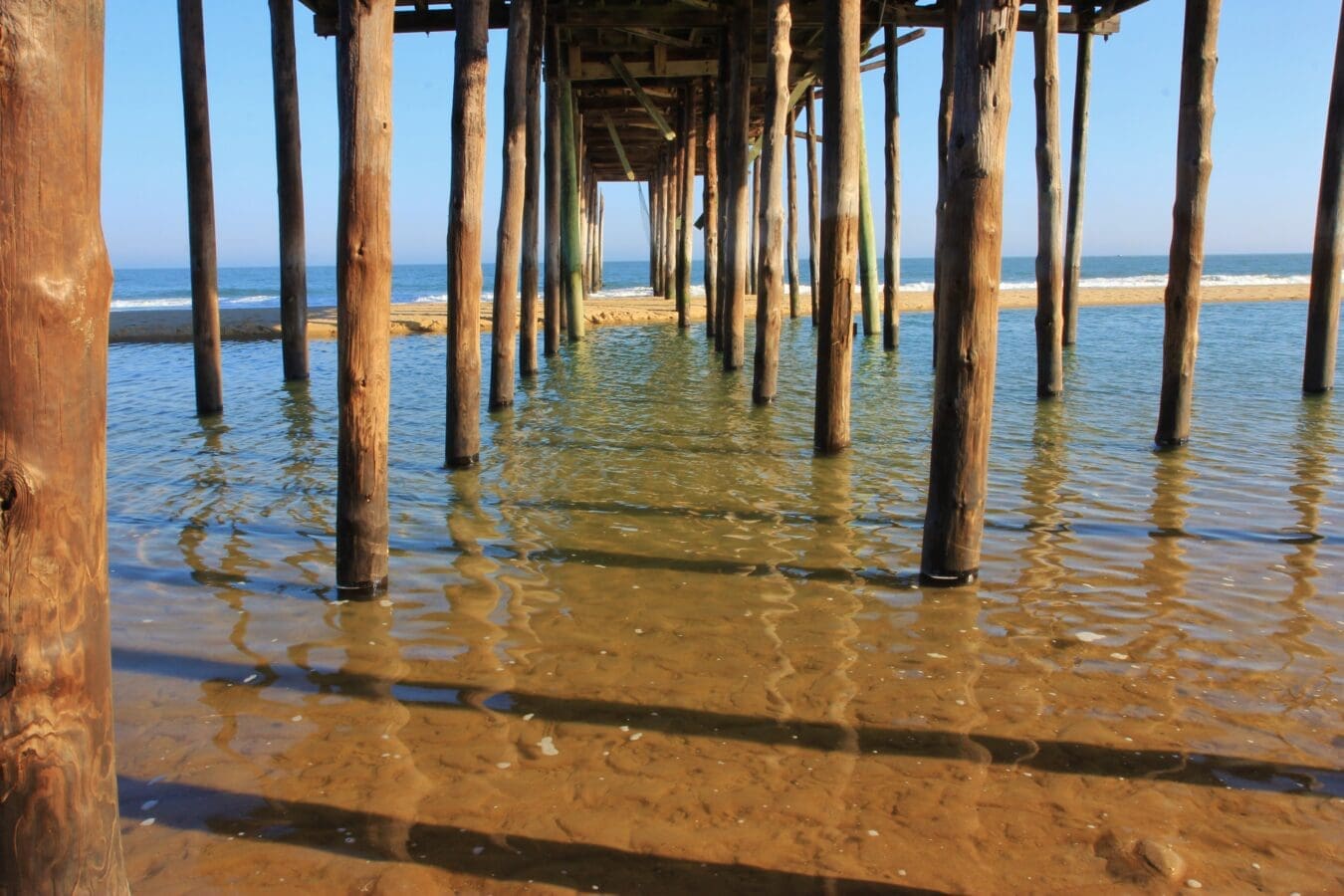
Supreme Court Denies Petition to Overturn Chesapeake Bay Clean Water Ruling
Yesterday, the United States Supreme Court denied the petition for certiorari from American Farm Bureau Federation and its allies to evaluate the “clean water ruling” by the United States Court of Appeals for the Third Circuit which had decided that the Environmental Protection Agency (EPA) had properly approved “Chesapeake Clean Water Blueprint” under the EPA’s Clean Water Act authority.
The Third Circuit had sanctioned EPA’s own clean water ruling stating:
The Chesapeake Bay TMDL will require sacrifice by many, but that is a consequence of the tremendous effort it will take to restore health to the Bay—to make it once again a part of our “land of living,” Robert Frost, The Gift Outright line 10—a goal our elected representatives have repeatedly endorsed.
The “Chesapeake Clean Water Blueprint” is a plan implemented under the Clean Water Act in which Virginia, West Virginia, Maryland, Delaware, Pennsylvania, New York, and the District of Columbia established plans to meet the Act’s Maximum Daily Load or TMDL limits by 2025. EPA approved of this plan. Environmental organization and the EPA have stated that this plan would result in the “fishable, swimmable” waters within the Chesapeake Bay as promised by the Clean Water Act of 1972.
The American Farm Bureau Federation and numerous other plaintiffs filed an action in the United States District Court for the Middle District of Pennsylvania alleging that EPA had overstepped its authority in approving the Chesapeake Clean Water Blueprint.
As the Third Circuit explained, the plaintiffs argued that
all aspects of the TMDL that go beyond an allowable sum of pollutants (i.e., the most nitrogen, phosphorous, and sediment the Bay can safely absorb per day) exceeded the scope of the EPA’s authority to regulate, largely because the agency may intrude on states’ traditional role in regulating land use.
Judge Rambo of the District Court and the panel of Third Circuit judged all agreed that EPA was within its legal limits in approving the Chesapeake Clean Water Blueprint.
The Supreme Court’s decision to reject the petition for certiorari by the underlying plaintiffs means that the clean water ruling by the Third Circuit Court of Appeals will stand. Thus, the Chesapeake Clean Water Blueprint can move forward towards implementation.
CBF President William C. Baker, President of the Chesapeake Bay Foundation said that the Supreme Court’s decision to decline to hear the Third Circuit’s clean water ruling was “a historic day for the Bay,” and that “[o]ur collective and collegial efforts to Save the Bay, a true national treasure, can be a model for other waters worldwide.”
Whether arguing an appeal within our Appellate Group or addressing a clean water dispute related to Environmental Law, our litigation attorneys have familiarity with the legal process and the specific topics therein. The attorneys at Longman & Van Grack skillfully practice in all areas of civil litigation. Contact us at (301)291-5027 to meet us at one of our Maryland (Rockville or Bethesda), Virginia, Washington, DC Offices.
